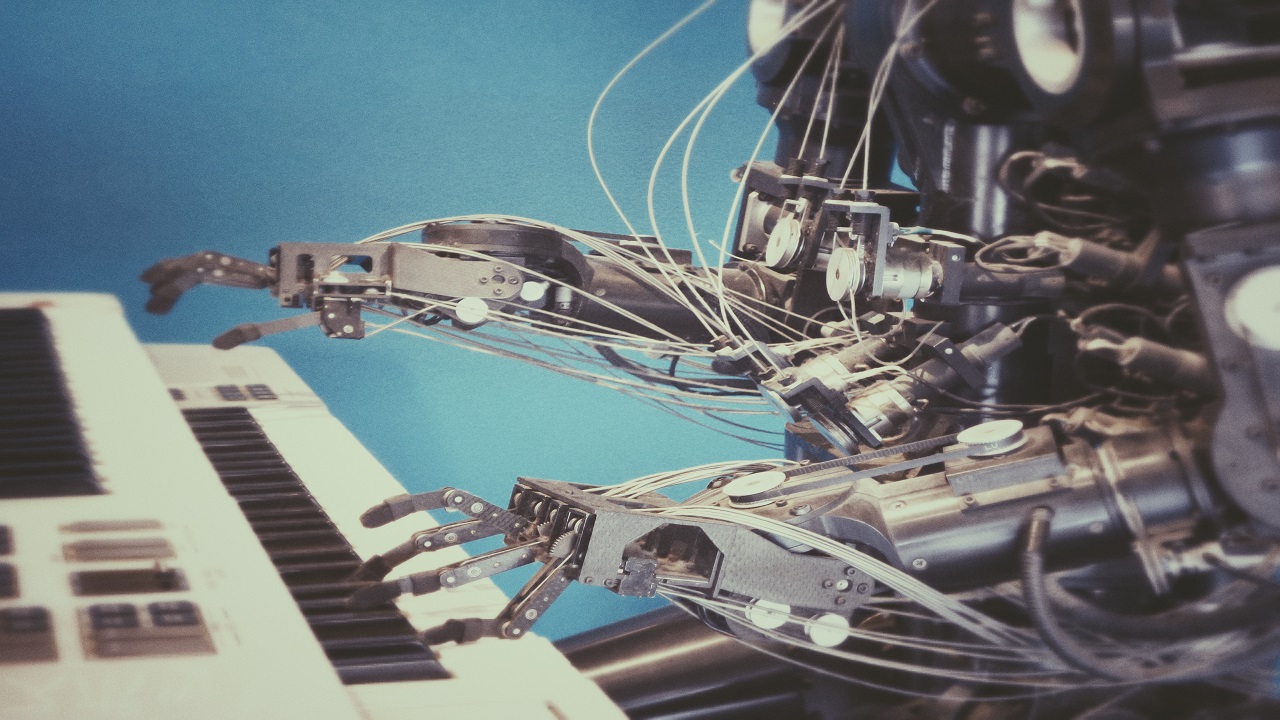Unleashing Human Potential: The Power of Automation in the Digital Age
Unleashing Human Potential: The Power of Automation in the Digital Age Unlocking New Frontiers of Productivity, Creativity, and Innovation through the Synergy of Humans and Technology

In the ever-evolving landscape of the digital age, automation has emerged as a powerful tool that is reshaping industries, transforming work processes, and unleashing the untapped potential of human capabilities. This blog explores the profound impact of automation on our lives and how it is empowering us to achieve new heights of productivity, creativity, and innovation.
Automation, in its simplest form, refers to the use of technology and machines to perform tasks or processes that were previously carried out by humans manually. With advancements in artificial intelligence, machine learning, and robotics, automation has evolved beyond repetitive and mundane tasks, paving the way for a revolution in the way we work and live.
One of the key benefits of automation lies in its ability to free humans from monotonous and time-consuming activities. Individuals can redirect their focus and energy toward more complex and intellectually stimulating endeavors by automating routine tasks. This not only enhances job satisfaction but also unlocks creativity and innovation, enabling individuals to tackle challenges and explore new possibilities.
Automation has proven to be a game-changer across various industries. In manufacturing, for instance, robots and machines have taken over repetitive assembly line tasks, resulting in increased efficiency, reduced errors, and improved product quality. This shift has allowed human workers to take on higher-level responsibilities like process optimization, problem-solving, and product design. The synergy between human intelligence and automation technology has led to unprecedented advancements and breakthroughs in manufacturing processes.
Similarly, automation has had a significant impact on the service sector. With the advent of chatbots and virtual assistants, customer service interactions have become streamlined and efficient. Routine queries can be handled by AI-powered systems, freeing up human agents to focus on complex and nuanced customer issues that require empathy, critical thinking, and personalized solutions. This not only enhances the customer experience but also empowers employees to utilize their interpersonal skills and build stronger relationships with clients.
Automation is not limited to specific industries; it has also permeated our daily lives. Smart homes equipped with automated systems allow us to control various aspects of our living environment with a simple voice command or a tap on our smartphones. From adjusting room temperatures to managing energy consumption and ensuring security, automation technology has made our lives more convenient and efficient, granting us more time and energy to pursue our passions and interests.
While automation offers immense opportunities, it is essential to strike a balance between human involvement and technological advancement. The human touch, with its empathy, creativity, and emotional intelligence, remains invaluable in many areas. While automation can streamline processes and enhance productivity, it is human minds that can envision new possibilities, think critically, and drive innovation.
Furthermore, as automation continues to advance, it is crucial to address concerns regarding job displacement. While specific roles may be automated, new job opportunities will arise, demanding skills that are uniquely human. The need for individuals who can design, manage, and collaborate with automated systems will grow. Therefore, it is vital to invest in education and training programs that equip individuals with the necessary skills to thrive in an automated world.
In conclusion, automation in the digital age has immense potential to unleash the power of human capabilities. By automating repetitive tasks and empowering individuals to focus on higher-level activities, automation enhances productivity, creativity, and innovation. The collaboration between humans and technology is a powerful force that propels industries forward, fosters growth, and creates new opportunities. However, it is crucial to strike a balance, recognizing the unique value that humans bring to the table. By embracing automation while investing in education and reskilling, we can harness the full potential of this transformative technology and shape a future where humans and automation coexist harmoniously, driving progress and improving lives.










